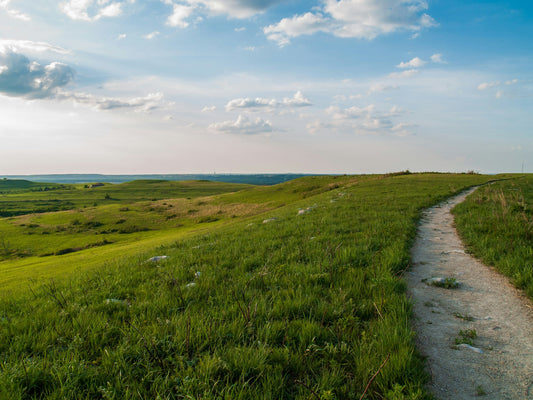How Can CBD and THC Help with Insomnia?
How Can CBD and THC Help with Insomnia?
Both CBD and THC can be beneficial for the human body, but they are not fit for everyone. The use of CBD and THC greatly depends on the individual needs and requirements of the user. If you are looking for a cannabinoid which can help you with numerous health issues without causing much hassle and side effects, CBD is the answer. It is safe and non-intoxicating, with the ability to reduce the symptoms of health issues such as pain, anxiety and inflammatory disorders. However, if you are a recreational cannabis user and looking for a cannabinoid with psychoactive properties, you should go for THC. You can easily find THC-rich strains that are perfect for recreational use, but they should always be used cautiously. THC can also be used for chronic health issues if advised by the doctor.
Factors affecting sleep
Research has shown that a combination of THC and CBD can decrease not only the level of intoxication of tetrahydrocannabinol, but also increase the beneficial effects of both cannabinoids. Preliminary studies show that clinical cannabinoid deficiency can cause some unexplained medical conditions like fibromyalgia and irritable bowel syndrome. Taking cannabinoids from external sources like hemp and Cannabis can help with such health issues and improve the quality of life.
Unnecessary inflammation increases the amount of cortisol in the blood. Cortisol is an inflammatory marker whose concentration is reduced as we sleep. People suffering from sleep disorders may have more cortisol in the blood. Here is when CBD comes to the rescue because it can impact the amount of cortisol secreted by cells.
Anxiety is another major health issue that can directly impact our circadian rhythm and sleep-wake cycle. Research has shown that CBD can interact with the 5HTV1 serotonin receptors. Serotonin is an important neurotransmitter, also known as the body's happy hormone of the body. It is known for improving mode and carrying out numerous important physiological functions, including Sleep. An improved quantity of serotonin in the blood can also help in having a restful sleep.
CBD Dosage for Sleep
No universal dosage of CBD works for all patients suffering from sleep problems. It is recommended to start with the lowest possible dose per day, like 20mg and increase up to 160 mg per day. However, it would be best to consult your health care practitioner for an optimum dose of CBD. Discuss your case in detail and let him know the possible reason behind your disturbed sleep-wake cycle.
Things to consider before using CBD
CBD is safe and mostly tolerated by most of its users. Before buying a CBD product for sleep issues, it is important to keep a few tips in mind.
Ask your doctor
CBD has very low toxicity, but it can interact with other medicines like warfarin and tamoxifen, so avoiding it with such OTC medicines is best. Consult your licensed physician and act accordingly.
Go for a reputable brand
The popularity of these cannabinoids is growing daily; you will find numerous online and in-store CBD brands offering a wide range of products. However, not all of them are of equal quality. Some products may contain harmful chemical substances like heavy metals and pesticides. Credible CBD brands offer third-party lab reports and certificates of analysis for each product batch. The certificate of analysis shows the exact quantity of each chemical compound present in the product. Going for CBD brands that use good manufacturing practices or GMP complying with the FDA standards is recommended.
Always start with a low dose
Research has shown that our body can tolerate up to 1500mg CBD per day. However, it should not be put to the test as soon as you start CBD. Begin with the smallest dose and increase it gradually.
Wrap up
CBD is quite helpful for reducing the symptoms of health issues that eventually cause sleep problems like insomnia. We need more research on how CBD can directly help with insomnia but can be used to reduce factors like pain and inflammation.
References:
Russo EB. Clinical Endocannabinoid Deficiency Reconsidered: Current Research Supports the Theory in Migraine, Fibromyalgia, Irritable Bowel, and Other Treatment-Resistant Syndromes. Cannabis Cannabinoid Res. 2016 Jul 1;1(1):154-165. doi: 10.1089/can.2016.0009. PMID: 28861491; PMCID: PMC5576607.









